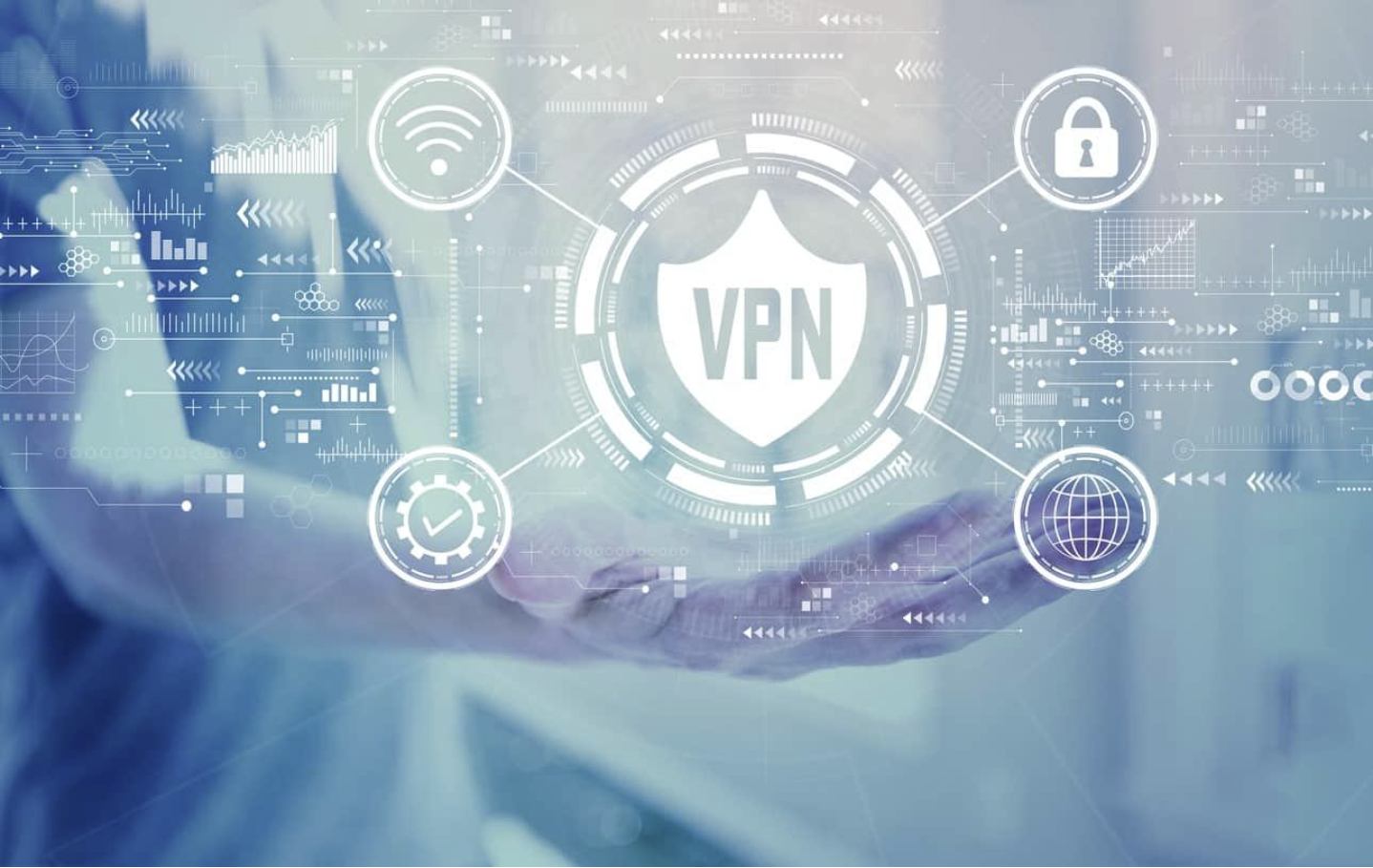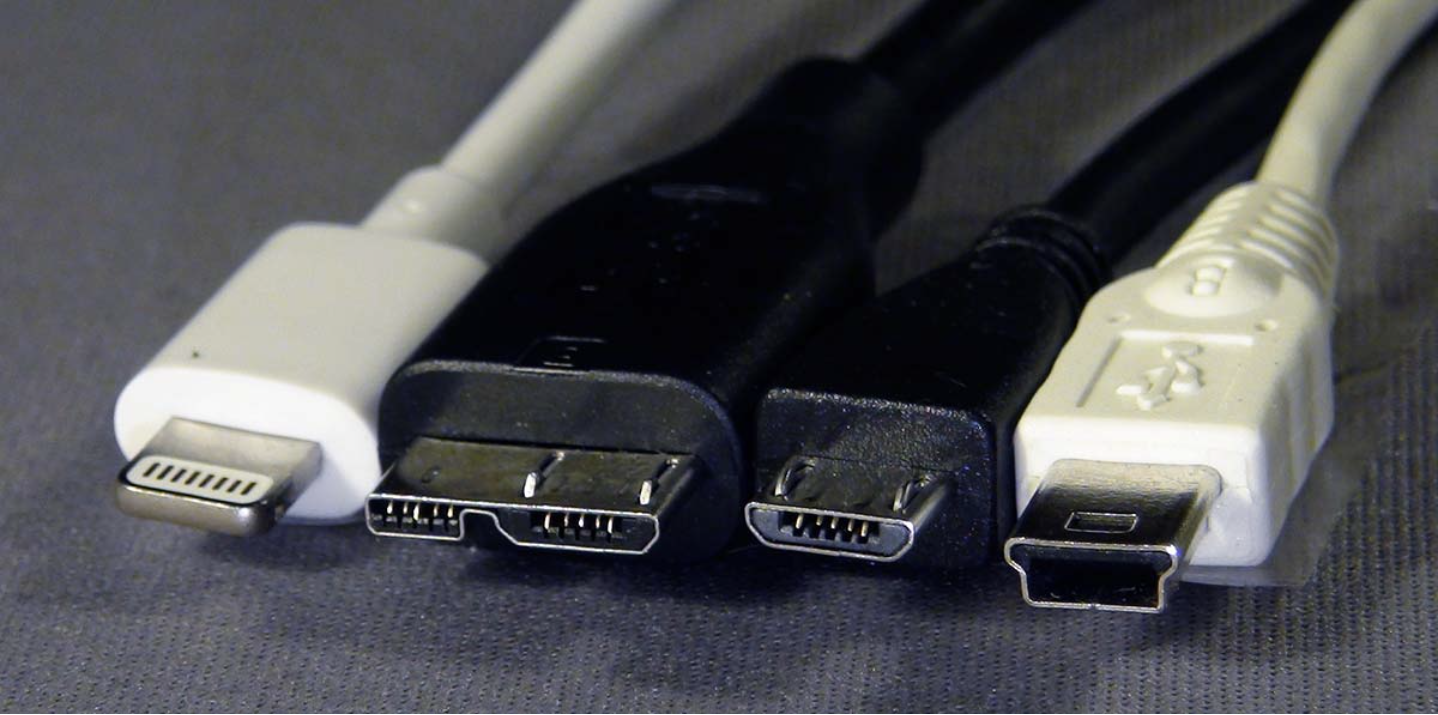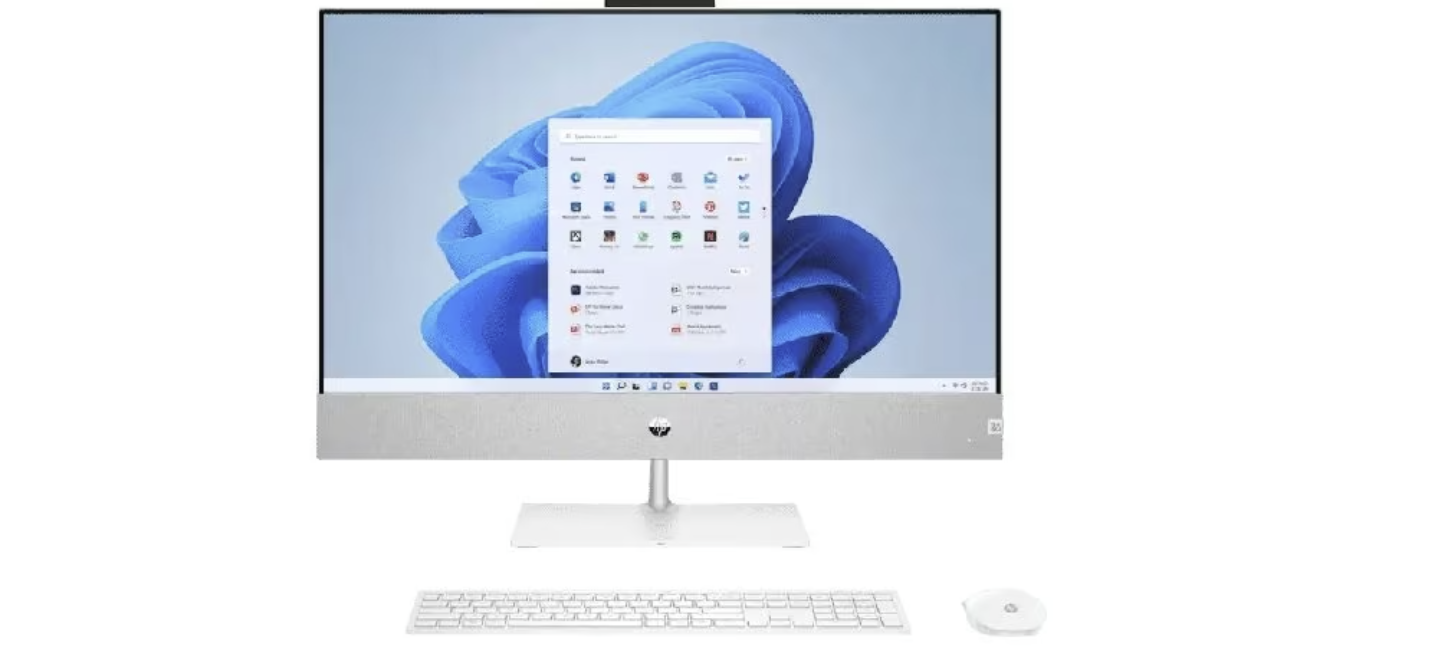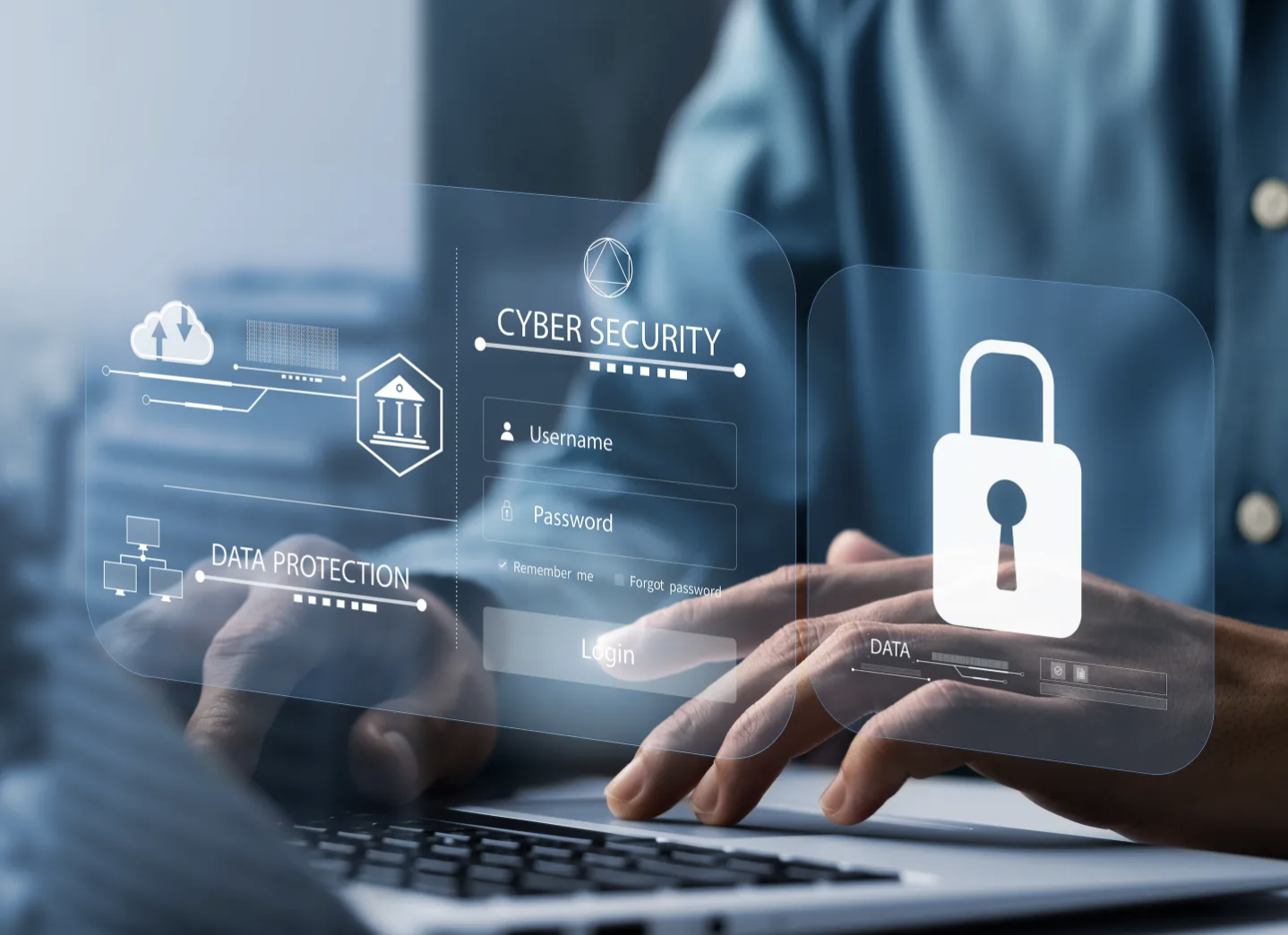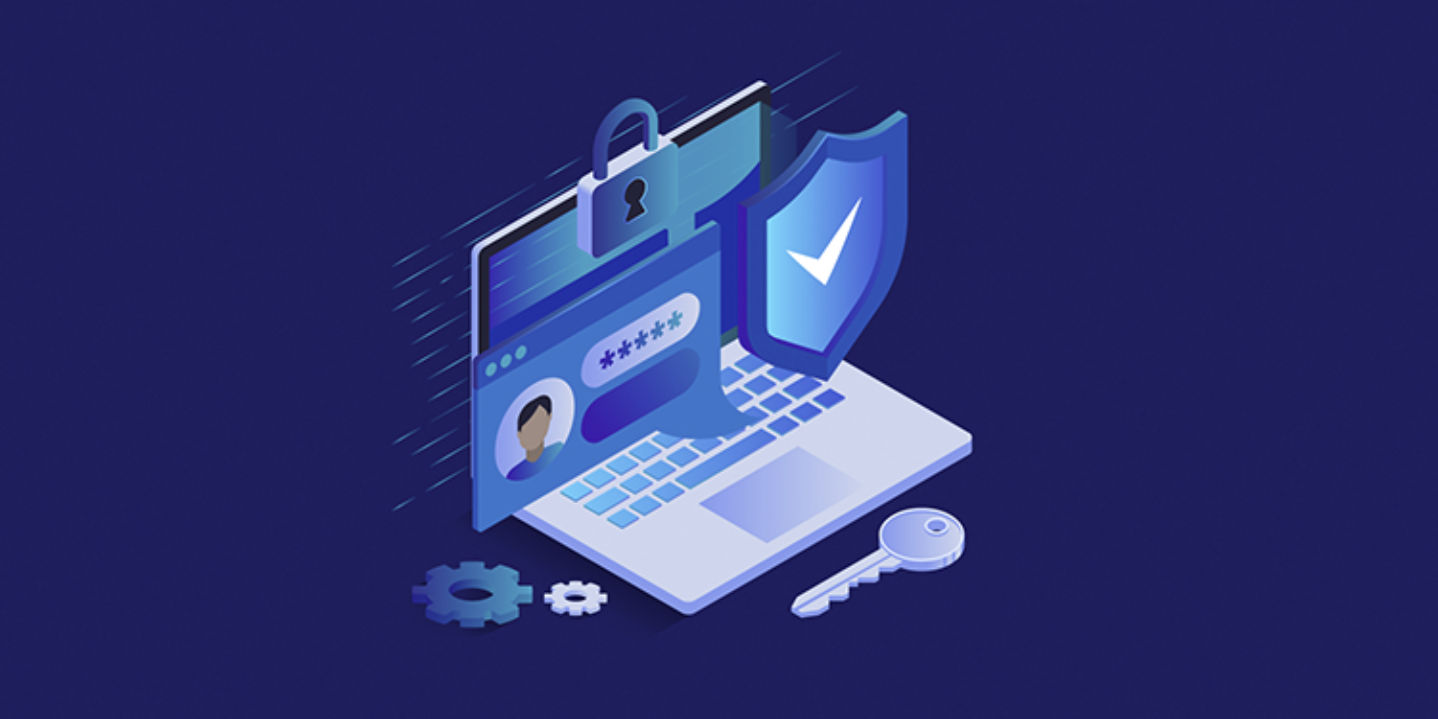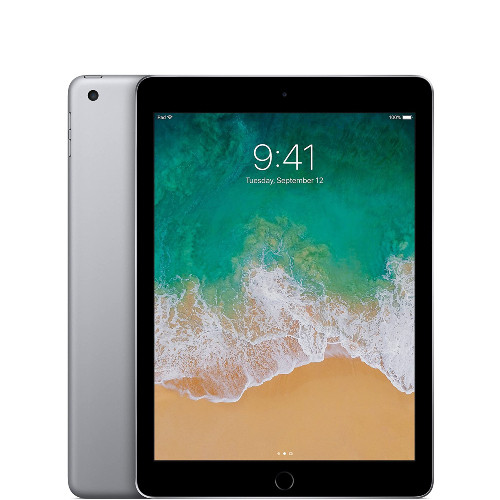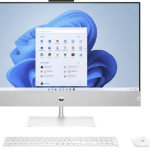
In the early days of personal computing, antivirus software was essential for protecting your system from malware and other online threats. However, as antivirus programs can be expensive, many people wonder if they are still necessary. In this article, we’ll explore what antivirus software is and whether it’s worth having today.
What Is Antivirus Software and How Does It Work?
Antivirus software is designed to protect your computer from harmful software, such as viruses and other online threats. It works by scanning your computer for malicious files and programs and then removing them. Many antivirus programs also include a firewall to prevent unauthorized access to your system.
Whether you’re gaming with a high-end setup or using your computer for work, installing antivirus software can help keep your system safe.
Antivirus software alerts you if you try to visit a dangerous website or open a potentially harmful file. Cybercriminals are constantly finding new ways to infiltrate your system, often for financial gain. They might install viruses or ransomware to monitor your activities or lock you out of your computer, demanding a ransom for access. Antivirus software helps you avoid these threats and keep your data safe.
Pros and Cons of Antivirus Software
There are a few benefits and drawbacks to using antivirus software. On the positive side, antivirus programs can protect your computer from malware and online attacks. They can also help keep your system secure with a built-in firewall. If you want to safeguard your computer from hackers, a good antivirus program is an effective first line of defense.
However, antivirus software can be pricey, and it’s not always clear how much protection you actually need. With so many options on the market, it can feel overwhelming trying to choose the right one.
Even so, antivirus software remains an important security measure for protecting your data and keeping your system safe. Free versions of antivirus software can be a good starting point if you’re on a budget.
How to Choose the Right Antivirus Program
Selecting the right antivirus program can be tricky, but there are a few things to consider:
- What type of computer do you have?
- What operating system is running on it?
- How much protection do you need?
- How much are you willing to spend?
Once you’ve considered these factors, you can start comparing different antivirus programs. Many offer free trials, so you can test them out before committing to a purchase. Look for software that offers real-time protection without slowing down your system. The best antivirus programs provide features like proactive file scanning, system-wide scans, and web browsing protection to prevent unwanted attacks.
Make sure the program you choose has reliable threat detection and is easy to use. It’s important that you can easily perform scans and feel confident in the software’s ability to keep your system secure.
Tips for Staying Safe Online Without Antivirus Software
While antivirus software offers strong protection, there are other ways to stay safe online if you prefer not to use it. Make sure your computer is always up-to-date, and activate your firewall and Windows Defender Security Center settings to enhance your system’s security.
Be cautious when opening emails from unknown senders or clicking on links within them, as these could lead to malware infections. Phishing emails, which attempt to steal your personal information, often look like legitimate messages from companies. Never share personal details online unless you are absolutely sure of the sender’s identity.
Only download files from trusted sources, and avoid opening attachments from unknown emails. Public Wi-Fi networks can also be risky, as hackers can intercept your data through a “man-in-the-middle” attack. Never enter sensitive information while using public Wi-Fi.
The Future of Antivirus Software
As technology advances, so do the threats to your computer, meaning antivirus software will continue to evolve. In 2022, we expect to see even more sophisticated threats, including malware and ransomware, which will require advanced antivirus protection.
With the rise of cryptocurrency, cryptojacking is also becoming a concern, where hackers use your computer’s resources to mine crypto, slowing down your system. Fortunately, antivirus software is becoming more affordable, making it accessible to a wider range of users.
We can also expect more antivirus programs to offer additional features and for more companies to provide free versions of their software. This will make it even easier for people to protect their computers from online threats.
Conclusion
When using the internet, it’s crucial to protect your data and reduce the risk of viruses and malware. One of the easiest ways to do this is by installing antivirus software, which will alert you if you visit risky websites or open harmful files. Understanding how to navigate the web safely and avoid potential threats is equally important.
As the online world grows, new viruses and malware will emerge, so having reliable antivirus software on your computer in 2022 is essential for keeping your data and devices secure.

